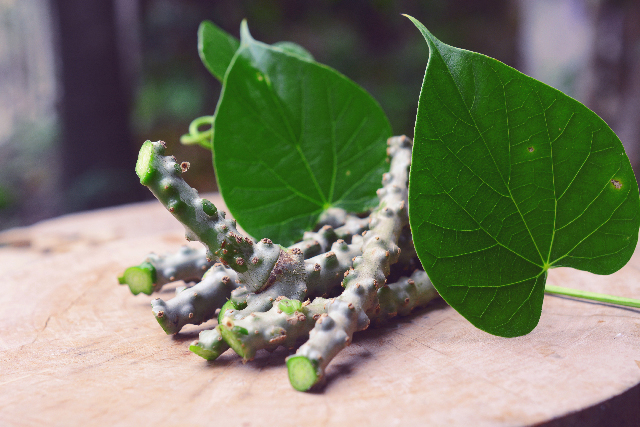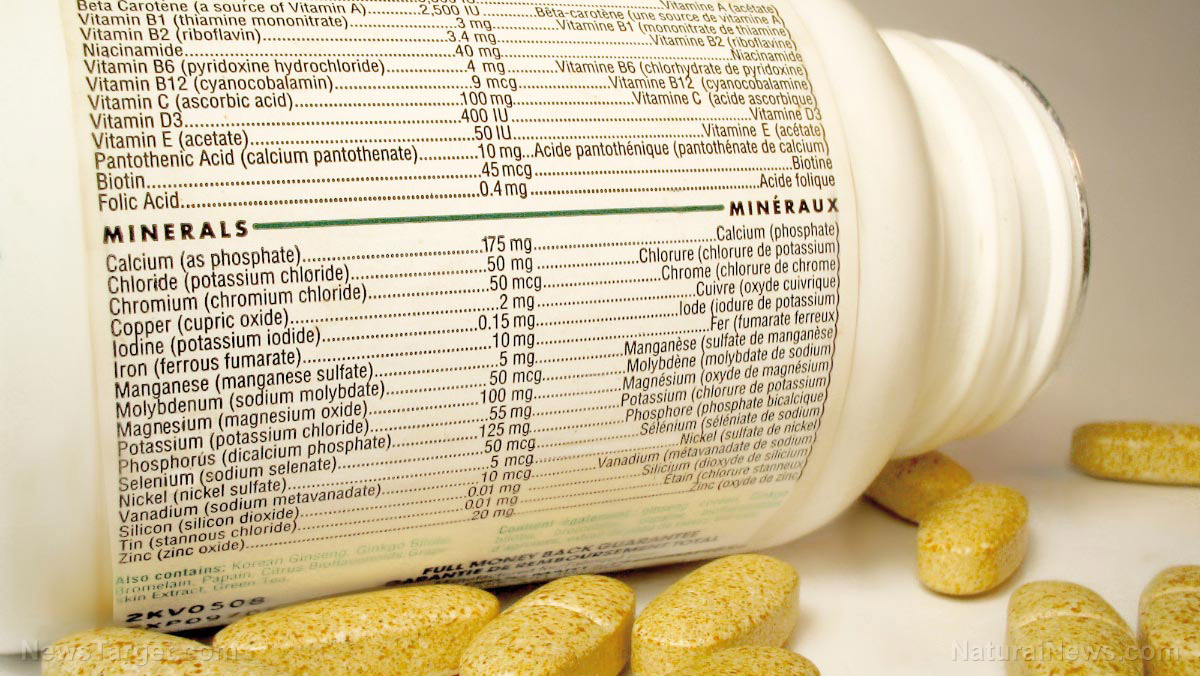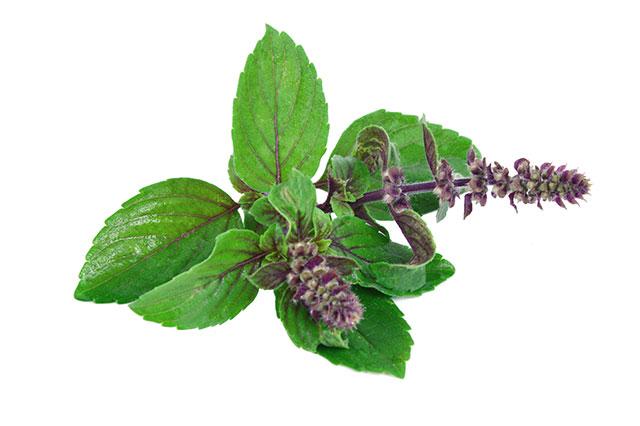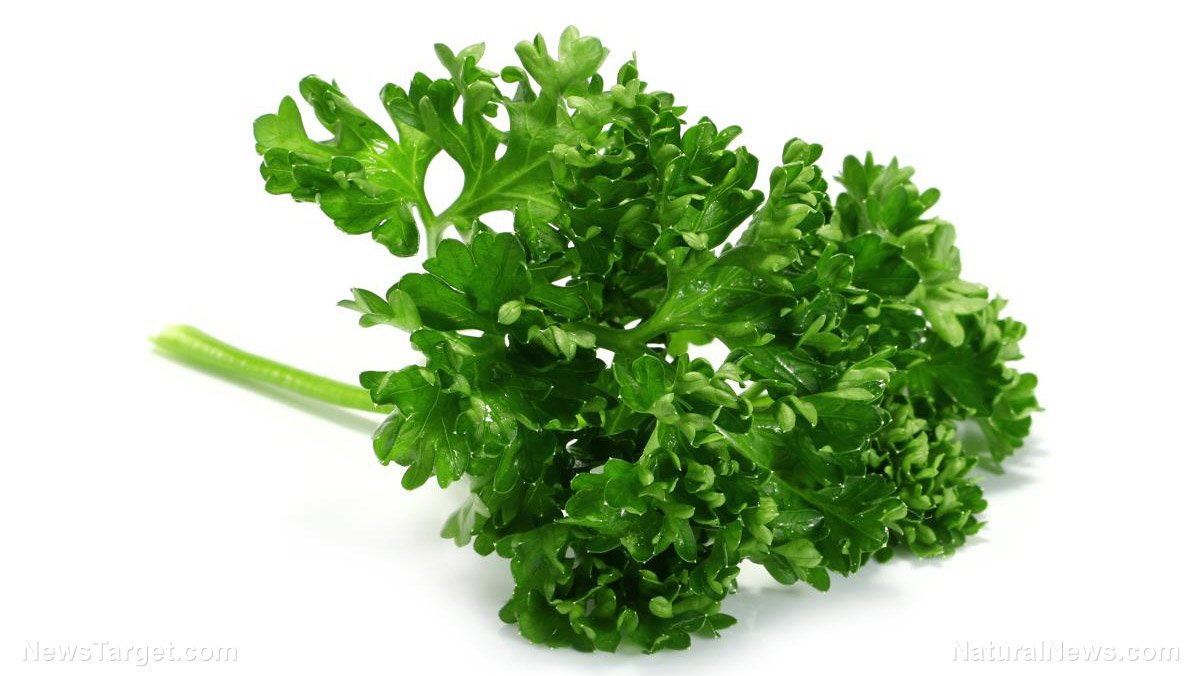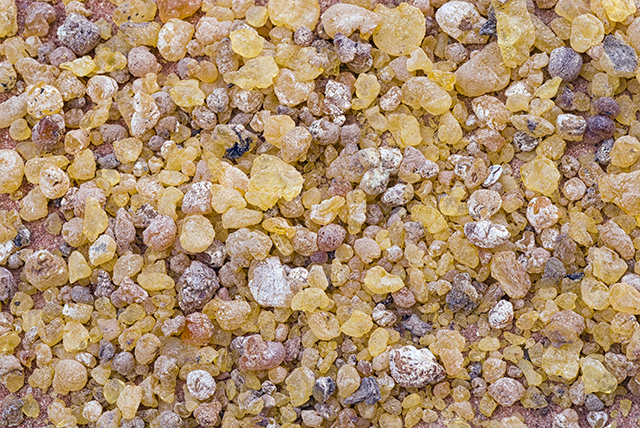How does turmeric compare to OTC drugs? Research shows it’s superior in every way
09/13/2018 / By Vicki Batts

Turmeric is known for its vibrant color and distinct flavor. The spice has been used in a variety of cuisines and natural medicines for centuries. In fact, turmeric has been used medicinally for roughly 4,500 years. It is no surprise that this ancient herb still reigns supreme today. Even in a world awash with prescription medications and over-the-counter pills, Big Pharma’s worst cocktails cannot even begin to touch upon the healing power of turmeric.
Turmeric has risen to fame for its host of health benefits; whether it’s fighting cancer, boosting mood, supporting healthy blood sugar levels or knocking out inflammation — turmeric has it covered. Better still, as an herb, turmeric is far less likely to cause any of adverse effects so commonly associated with pharmaceuticals.
The healing power of turmeric can’t be beat
Recent research has shown that turmeric exacts its anticancer effects all the way down to an atomic level. Researchers from the University of California at San Diego School of Medicine just published an astonishing study which examined the ways in which turmeric’s most active compound, curcumin, effected cancer cells.
Co-senior author Jack E. Dixon, Ph.D., Distinguished Professor of Pharmacology, Cellular and Molecular Medicine, Chemistry and Biochemistry at UC San Diego, stated that their findings provided “proof” of curcumin’s ability to suppress the formation of certain cancers through a unique pathway. “Proteasome-addicted” cancers, including triple-negative breast cancer and multiple myeloma, are some examples of the cancers that could be targeted with curcumin.
Earlier this year, Mike Adams, founder of Natural News and creator of Brighteon.com, reported on a shocking case study in which a woman successfully treated her stage-3 multiple myeloma with nothing but turmeric extract.
“In other words, this woman eliminated all signs of cancer from her body by taking nothing more than a curcumin supplement made from turmeric root,” the Health Ranger writes. Dieneke Ferguson, the woman in question, battled her cancer for years with unsuccessful rounds of chemotherapy and other pharma industry garbage. Five years after beginning curcumin supplementation, Ferguson is reportedly living a normal, healthy life, with virtually no trace of cancer to speak of.
The anticancer activity of turmeric is nothing to sneeze at, but there are many other benefits this treasured spice has to offer.
Other health benefits of turmeric
As Natural Health 365 reports, a study published in Phytotherapy Research compared turmeric to Prozac in the treatment of depression. The team of researchers were no doubt shocked to find that “turmeric was just as effective at managing depression, and not a single patient taking turmeric complained of side effects.”
Turmeric is clearly a medicinal powerhouse. The golden spice can even be of use to patients struggling with diabetes. As sources explain, “Its incredible anti-inflammatory and antioxidant qualities – thanks in large part to curcumin – quell the systemic inflammation of oxidative stress that often creates disastrous complications for diabetics. And according to a 2009 study, curcumin works 400 times better than Metformin for both increasing glucose sensitivity.”
Because of its potent anti-inflammatory capacity and strong antioxidant activity, the benefits of turmeric are virtually endless. It is just one of the many tools to keep in your herbal medicine arsenal. You can learn more about turmeric and other medicinal herbs, and the pitfalls of pharmaceuticals, at FoodCures.news.
Sources for this article include:
Tagged Under: anti-inflammatory, anticancer, Big Pharma, blood sugar, curcumin, food is medicine, good medicine, herbal medicine, Herbs, inflammation, mental health, mind body science, natural medicine, otc drugs, pharmaceuticals, prevent diabetes, turmeric


